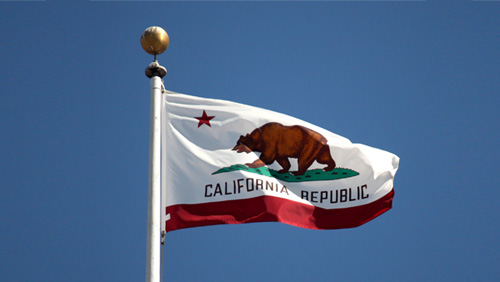California is full of illegal gambling rooms. This is the position of the Native Indian tribes in the state, which have exclusivity over gambling operations. They are now hoping that regulators will step in and take care of the problem.
 According to an exclusive report by CDC Gaming Reports, regulators are going to begin efforts to weed out the illegal operations. The director of the Bureau of Gambling Control (BGC), Stephanie Shimazu, stated in September that her office “plans to rescind game rules approvals for games too similar to 21/blackjack that are prohibited by state law.”
According to an exclusive report by CDC Gaming Reports, regulators are going to begin efforts to weed out the illegal operations. The director of the Bureau of Gambling Control (BGC), Stephanie Shimazu, stated in September that her office “plans to rescind game rules approvals for games too similar to 21/blackjack that are prohibited by state law.”
Shimazu added, “We will notify cardrooms and defer enforcement for a specified period of time to enable cardrooms to prepare for this action.” Apparently, she was referring to notifying the 74 card rooms across The Golden State that will be in violation of the new rules.
In addition, the BGC will also distribute new regulations that require rotation of the player-dealer position in certain games. These games—called “California” or “Asian” games—are variations of pai gown and blackjack that are normally banned under state laws.
The player-dealer position is most often filled by employees or so-called third-party proposition player firms (TPPP). There are a number of licensed TPPPs in the state and these allow card rooms to cover high-stakes table games, in theory, without violating laws that prohibit gambling activity where the house bankrolls the games.
The move by the BGC comes following a long six-year battle between the tribes and the gambling industry in California. They have been fighting over rules of the games and the use of TPPPs, but the latest intervention on behalf of the BGC may not go far enough.
At least the tribes and the card rooms can agree on one thing: Neither is happy with the BGC’s response.
According to the chairman of the California Nations Indian Gaming Association (CNIGA), Steve Stalling, “It’s a delaying tactic. At this point, we’re suing.”
Communities for California Cardrooms Executive Director Austin Lee stated, “The Bureau’s announcement to revoke game approvals for various versions of blackjack on a statewide basis is unprecedented. It would require cardrooms to significantly adjust operations.”
Some communities expect the move to take away a large portion of their operating income. In some areas, card rooms provide as much as 60% of municipal taxes and provide jobs for a large workforce that includes 20,000 employees across the state.
The tribes currently operate 63 casinos and employ over 50,000 workers. They generate more than $9 billion in gross revenues and have the authority to operate based on state compacts, as well as federal law. They believe that any gambling initiative in the state is a direct attack on their gambling rights and revenue.